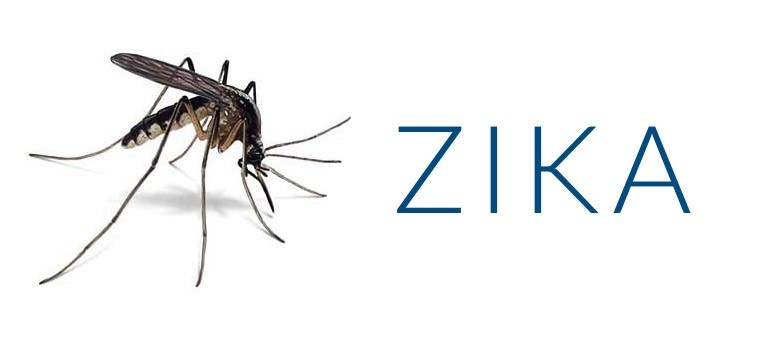
The Department of Health confirms that a person who recently travelled to a Zika-affected country has been diagnosed with Zika. This represents the second confirmed imported (travel-related) case of Zika virus in Bermuda.
Although widespread, ongoing local transmission remains unlikely, the public is asked to guard against mosquito bites and sexual transmission both away and at home in order to keep Bermuda’s risk as low as possible.
With frequent travel between Bermuda and areas with Zika virus in the Caribbean and the Americas, the Department of Health continues to work with healthcare providers, and local and regional public health partners to monitor possible imported cases.
Physicians are reminded to report any suspected cases to the Epidemiology and Surveillance Unit as required by the Public Health Act 1949.
The public is advised to:
- Use an EPA-approved insect repellent every time you go outside, and follow label instructions.
- Drain standing water where mosquitoes can breed around homes and offices on a weekly basis. If you are being bitten, call Vector Control: 278-5397
- Wear long sleeves and pants when outside.
- After travel in a Zika area, men and women should protect their sexual partner(s) by using condoms correctly and consistently for six months.
- Use air conditioning or make sure doors and windows are screened to keep mosquitoes outside.
Minister of Health and Seniors, the Hon. Jeanne Atherden, CA, CPA, JP, MP, said, “There has been no local spread of Zika virus reported in Bermuda, and the absence of any outbreaks of mosquito–transmitted diseases in several decades makes Bermuda a low risk location for local transmission.”
The Department of Health will continue to test those suspected of having Zika virus. When a suspected case is identified, the Epidemiology and Surveillance Unit advises the person how to protect the community at the time of testing and Vector Control steps up routine surveillance in a three-mile radius of the home of their home.
Imported cases make local spread possible because a type of mosquito that could potentially transmit the virus is found in Bermuda. The mosquitoes that could transmit Zika usually bite during the day.
It is particularly important to protect pregnant women, or those who plan to become pregnant, from contracting the Zika virus, because Zika may cause developmental problems in the baby during pregnancy. Pregnant women should avoid travel to areas with known Zika virus, and if travel is deemed unavoidable, take very careful precautions against mosquito bites and sexual transmission.
If travelers to Zika-affected areas experience fever with joint pains, rash or conjunctivitis, they should seek medical attention and inform the healthcare provider of their recent travel history. The healthcare provider may order testing based on an evaluation of a patient’s symptoms and likelihood of encountering the virus. There is currently no vaccine for Zika and the healthcare provider will advise on how to treat any symptoms.
The Ministry will regularly update statistics about travel-related cases on www.gov.bm/zika-virus as they arise. The Ministry will issue an updated press release should a case of local transmission be confirmed.
